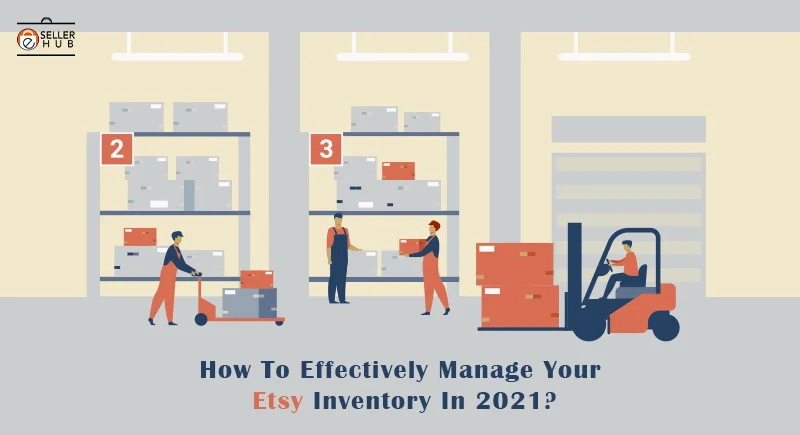Table of Content
Latest Posts

Launched in 2005, Etsy is a relatively small-but-mighty online marketplace and community for microenterprises. The site has attracted several makers and consumers of “artisanal” goods that nurture a distinctive cultural niche. This “artsy commerce” community makes a unique option for innovative products.
The Etsy store has always been a fiercely, competitive e-commerce marketplace. Over the past few years, it has distinguished itself by providing an entry into the lucrative niche market for handmade and customized products crafted by individuals.
Buyers also report that they are able to find more “authentic” products in Etsy rather than other Amazon counterparts. They are even up for paying a premium price for untainted goods. This authenticity has worked wonders for Etsy. As of 2020, 95% of the sellers were operating their businesses from their homes. This shows the extent to which Etsy has supported worldwide microentrepreneurs and has been a real route of success for them.
Microenterprises like Etsy sellers have an advantage due to their small size over big-branded competitors. They can be more agile and adaptable in their operations and can easily offer unique handcrafted goods to a buyer’s conditions.
Nevertheless, this highly differentiated and customized business model also has its challenges for sellers in Etsy inventory management. In addition to that, they also face other challenges. These small businesses tussle with sufficient inventory management due to:
These problems lead to a significant loss of time. It was found in the 2020 Etsy survey that every hour spent by the Etsy seller spends on fabricating their product average, another hour is spent on Etsy inventory management and associated tasks.
It also results in a potential loss of sales because of the frequent out-of-stock situation that damages the customer’s trust. Also, order fulfillment errors and other problems that trouble small businesses lacking formal inventory management procedures happen.

During the initial stages, Etsy sellers found it tedious to effectively managing their online inventory and lobbied the site to provide them with an in-platform inventory management system. Etsy then created the Shop Management dashboard in 2017 and provided an introductory online tutorial to help sellers execute some inventory management best practices. However, the issue was that it could help sellers at the very beginning stage only. They were too essential to sellers who wished to expand their businesses.
Studies have shown that IT-based inventory management solutions have significantly evolved in features and functionality and helped micro-, small- and medium-sized enterprises generate the most significant value.
Etsy provides the below-mentioned inventory management rules to its online shop owners:
Etsy recommends having an inventory management system implemented before they even begin selling. The demand increases once sales begin, and sellers can soon find themselves overwhelmed. They face challenges and are unable to fulfill the orders promptly. Thus, it results in negative consumer reviews and business loss. Either having a spreadsheet module or Etsy inventory management software can help a lot.
Etsy suggests that creators to keep their studios and storage places organized so that everything is in its place. You could keep popular goods nearer and infrequently-used materials at the back. It is essential that creators still know where all the materials and products are kept every time.
Etsy suggests its sellers have all the materials that are in for more demand in higher stock levels. You can order the lower-demand products less. Etsy doesn’t offer guidance on specific complex calculations, forecasting, and data-gathering techniques that well-established retailers depend on for demand prediction and making ordering decisions. So, it is best to have software that does it all.
Etsy also claims that one can effectively manage inventory with a little organization like alphabetizing materials or checking off items on packing orders to make sure fulfillment is accurately done.
Etsy’s Shop Management dashboard was designed to easily allow Etsy shop owners to input and manage SKUs for their items. It suggests keeping short SKU labels, using a mix of letters and numbers for each SKU, creating SKUs that reflect product type, product’s location, colors, patterns, etc.
Having a well-built feature-filled Etsy inventory management software can help both novice and experienced sellers. Moreover, if you sell on multiple sales channels, an online inventory management tool that syncs all your channels in one place can come in handy anytime. So, it’s high time you save yourself from unnecessary headaches in handling inventory, invest time and money to uplift your business. We are experts in developing custom inventory management software that is highly scalable and flexible. To talk to our experts, reach us at +1 408 600 0534 or drop an email at contact@esellerhub.com.